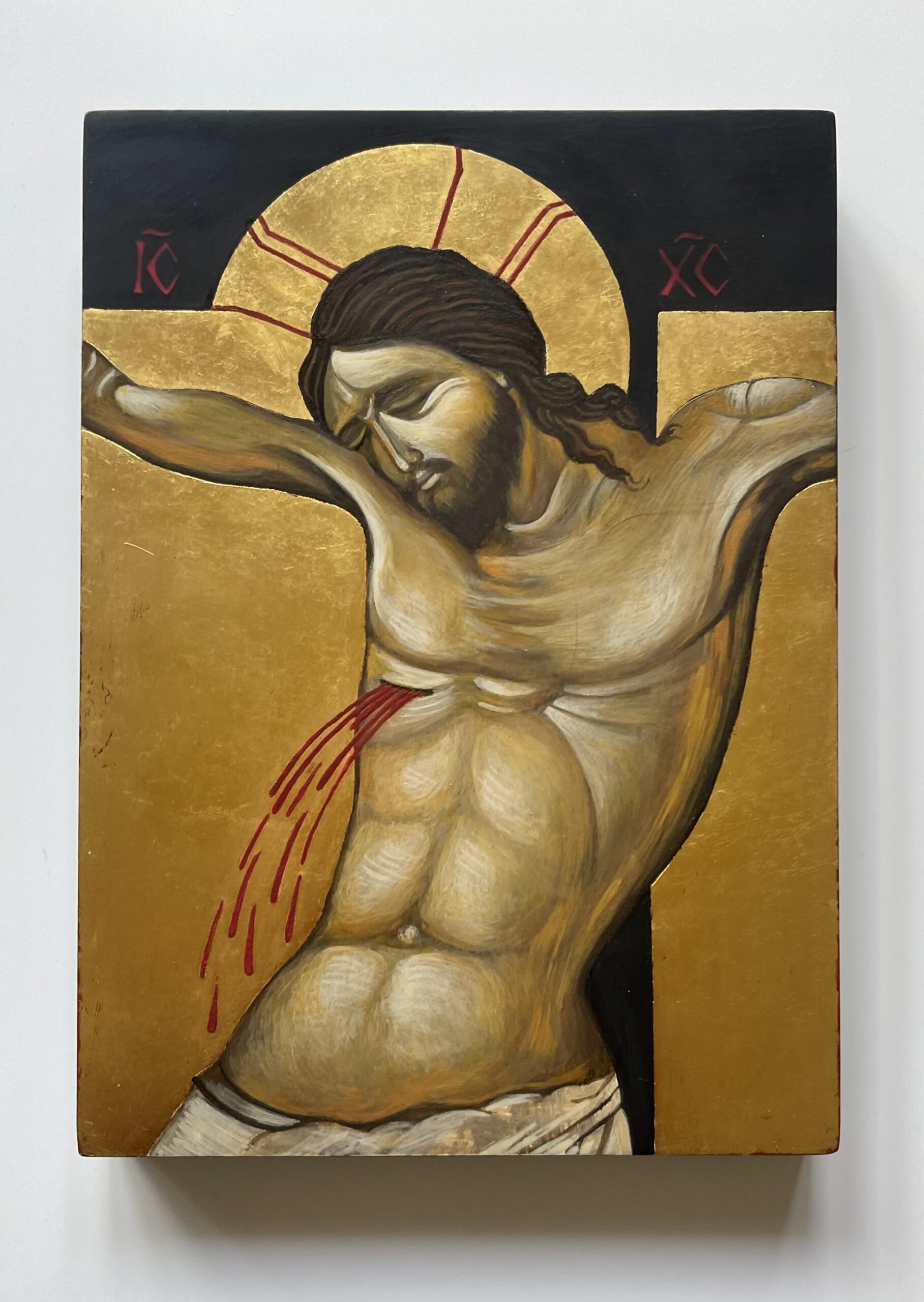
|
Today’s Scripture is from the famous ‘Farewell Discourse’. It is a very long dialog over three chapters of John’s Gospel: 14 through 17. The Lord plots the course for what will happen after His Passion, Ascension and the descent of the Holy Spirit at Pentecost. He is giving information to the Apostles before it even happens, but this is no mere forecasting. There is a deeper and more intimate way to consider the Farewell Discourse: every priest at his Ordination receives from the bishop the gift of a sermon. Every priest remembers that sermon for the rest of his life, and into eternity as well. It is a beautiful way of the universal priesthood becoming very localized to you and your vocation.
The Farewell Discourse in John’s Gospel is, essentially, the Ordination sermon of the Twelve Apostles. They have just been ordained as Bishops at the Last Supper, in the context of the washing of feet and the institution of the Eucharist. The Farewell Discourse is therefore a very personal and intimate revelation to the bishops of the Church; it is not designed for a wider address. It is not addressed to the whole Church, like today’s Epistle. The Farewell Discourse is, literally, behind closed doors.
In preparing to preach, priests pray and often receive a nudge from God concerning what to cover in that day’s sermon. Today, there was one word that the Lord gave me: obedience. I first thought to myself, “Wow, that’s a way to build a community, obedience.” Secondly, my reaction was, “Lord, You are very good, because, of course, I have to be obedient in preaching on obedience.” In the context of that prompting from God, this part of the Discourse hit me like an arrow to the heart: The Father Himself loves you, because you love me, and believe that I came from God.
The Father Himself loves you: that is the intimacy of the ministerial priesthood right there. A priest friend of mine had the courtesy and humility to explain to me before I was ordained priest that one of the things no one ever tells you is that your relationship with God the Father changes when you are ordained. This here is the Scriptural evidence for my friend’s spiritual insight. The Father Himself loves you, because you love me, and believe that I came from God. Three verses later, the bishops affirm: we know (1.) You know all things, and (2.) You don’t need to ask anyone else about all things. With those two stipulations, we believe that you came from God.
The authority of the bishops is thus both conditional and limited. The conditions relate to this dialog between Our Lord and the Apostles. The first: bishops must love Jesus; the Father Himself loves you as you love me. The second: bishops must have Faith: the Father Himself loves you, because you believe that I came from God. This Act of Faith is shown so eloquently in their response, We believe that you came from God, where they affirm those conditions.
It sounds simple, there being two conditions to the bishops’ authority. But what is not simple is the authority of the bishops in the Church is full and complete and, it is not for us to question their authority even when we do not like their decisions. Bishops have to stand before God for their decisions. He is the judge and His judgment is perfect. This is where the rubber meets the road for us. Bishops may not like what you like; they may not dress how you want them to dress; they may not prefer Byrd, Palestrina and Gregorian chant, they may wear tatty vestments and cheap jewelry: all of that is superficial: if your bishop loves Jesus and has Faith, he has authority over you – and you, and I, must obey.
Remember that the two conditions God places on the bishop’s authority are there to guarantee that he is striving for holiness. If he is not, his authority melts away like wax before a flame. There are, and have been, bad bishops – and God will judge them more severely than anyone else. But the existence of bad bishops does not mean we set aside obedience. Instead, there are other means of dealing with them: At the same time as requiring obedience of the Faithful, God also grants us the ability to discern spirits: to know instinctively what (or who) is holy and what (or who) is not:
“A stranger they will not follow, but they will flee from him, for they do not know the voice of strangers.” (Jn 10:5) The two principles work together, neither is more important than the other, but obedience is immediate and the discernment of spirits requires perspective. One final consolation is that the burning fire of obedience, uncomfortable as it is, is the primary way in which the soul grows in charity. Every time we constrain our will in the framework of obedience, we make it more and more like Christ’s, who was obedient to the unjust judgment of wicked men – even unto death, death on a Cross.
PRAY
